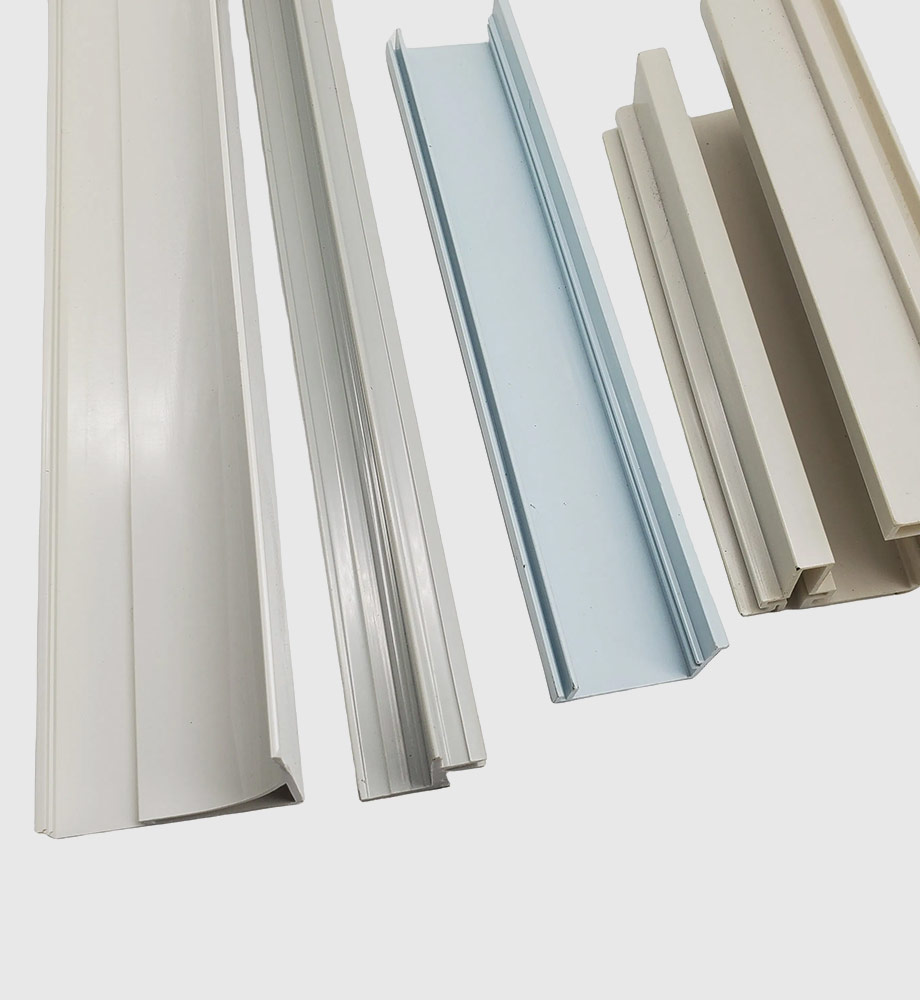Key Features
- Material Flexibility:
- PVC Frames: Provide rigidity and fire retardance; often UL94 V0.
- Polypropylene Frames: Chemically inert to acids/alkalies (ideal for filter frames in labs).
- Nylon Frames: High impact strength and thermal stability for demanding uses.
- Molded Precision: Tight tolerances and smooth finishes, suitable for sealing applications.
- Corrosion-Resistant: All plastic frames resist rust or rot in damp or outdoor use.
- Custom Designs: Can be molded to fit standard filter sizes or custom panel dimensions.
Benefits
- Maintenance-Free: No painting or galvanizing needed; withstands weather without cracking.
- Dimensionally Stable: Plastics do not warp under moisture like wood.
- Lightweight: Easier to handle and mount than metal frames of the same strength.
- Aesthetic Finish: Clean, consistent look – plastic can be colored or textured.
Applications
- HVAC Filter Frames: Holding filter media in air handling units or ventilation grills.
- Electrical Enclosure Fronts: Frame the mounting aperture for displays or modules.
- Equipment Racks: Panel frames for mounting controls or connectors in machine frames.
- Signage and Displays: Outlining digital screens or optical filters in devices.
Technical Specifications
- Material Grades: Often injection-molded PVC (rigid), PP (impact copolymer), or Nylon (PA6/6 GF30).
- Fire Rating: Many use UL94-rated resins for flame suppression.
- Operating Range: Typically –20°C to +70°C for PP/PVC; up to +120°C for nylon.
- Standards: Custom frames may meet industrial specifications (e.g., UL 94, ISO 1182).
Unique Selling Points (USPs)
- Enhanced Environmental Resistance: Plastic frames are impervious to moisture and chemicals, making them ideal for outdoor equipment.
- Versatile Fabrication: Easily thermoformed or welded for custom shapes (e.g., right-angle joints, integrated clips).
- Low Thermal Conductivity: Unlike metal frames, plastic frames do not conduct heat, beneficial in thermal insulation assemblies.

